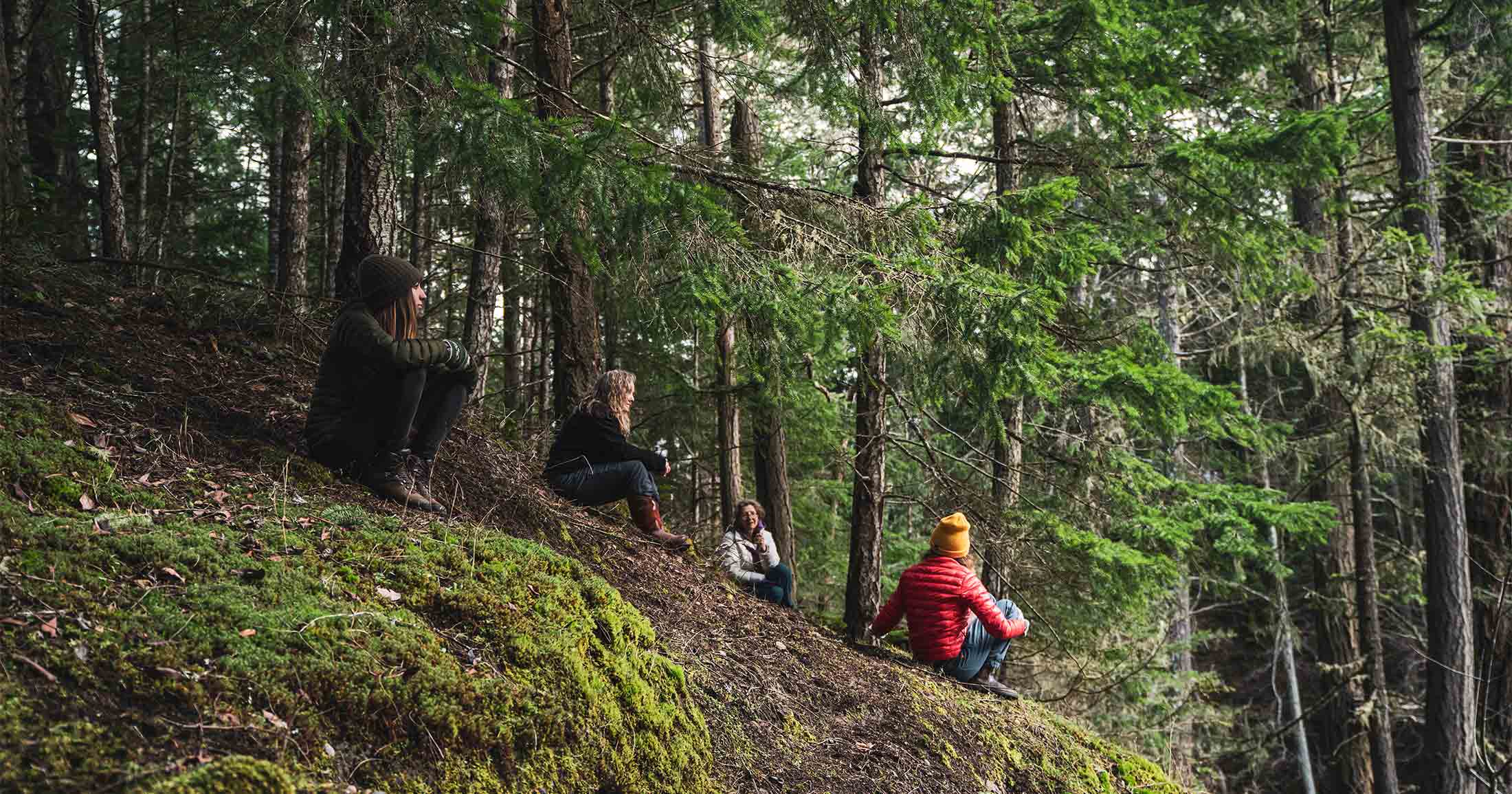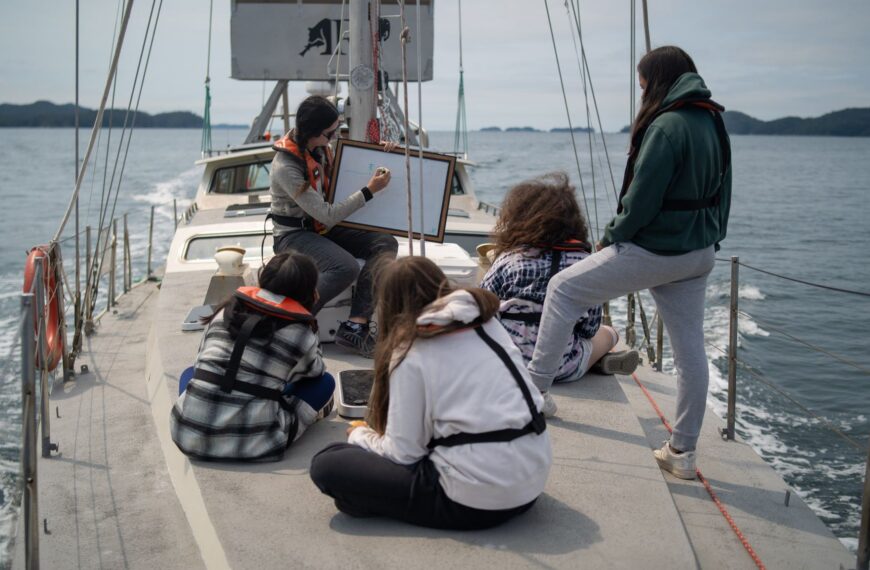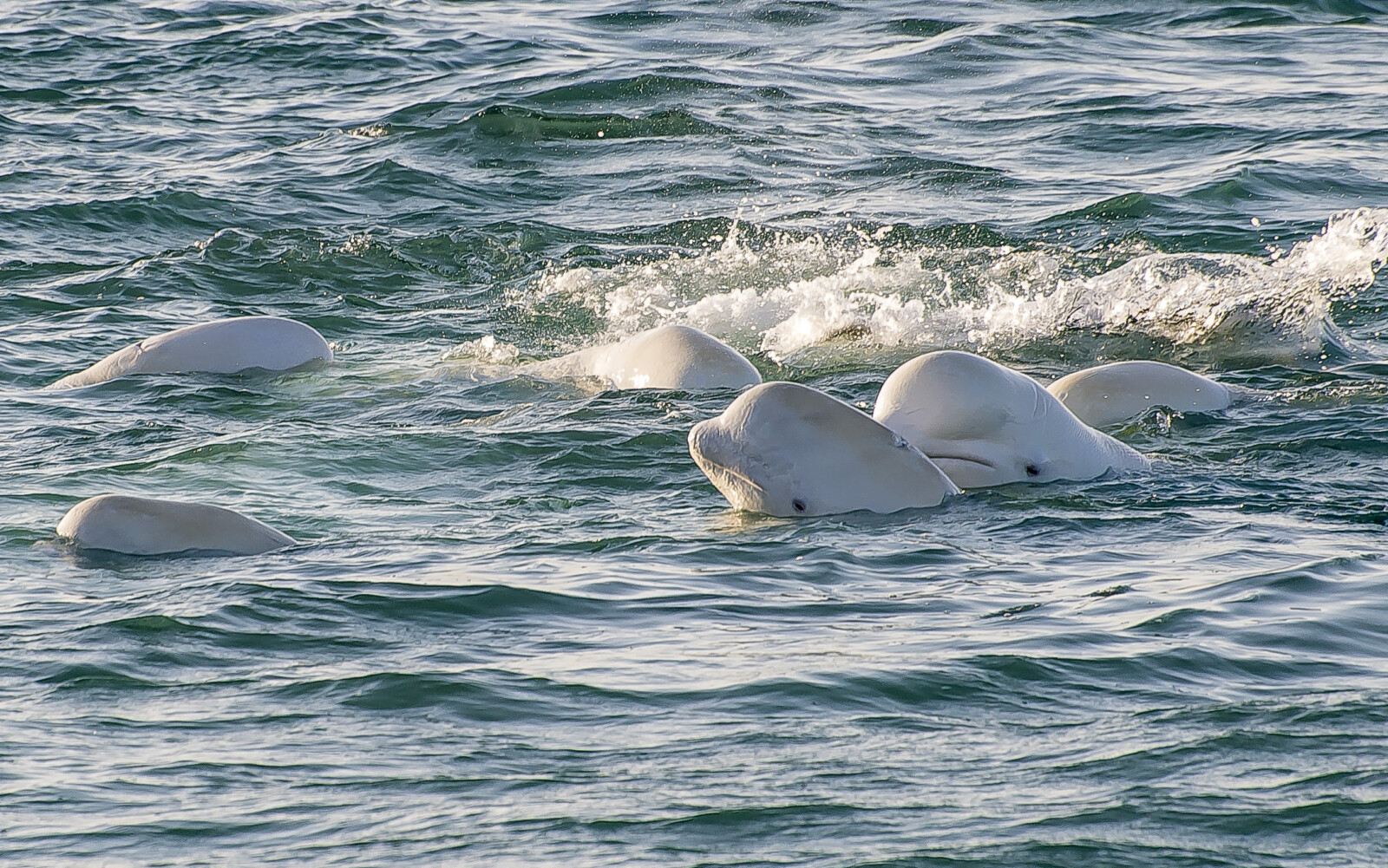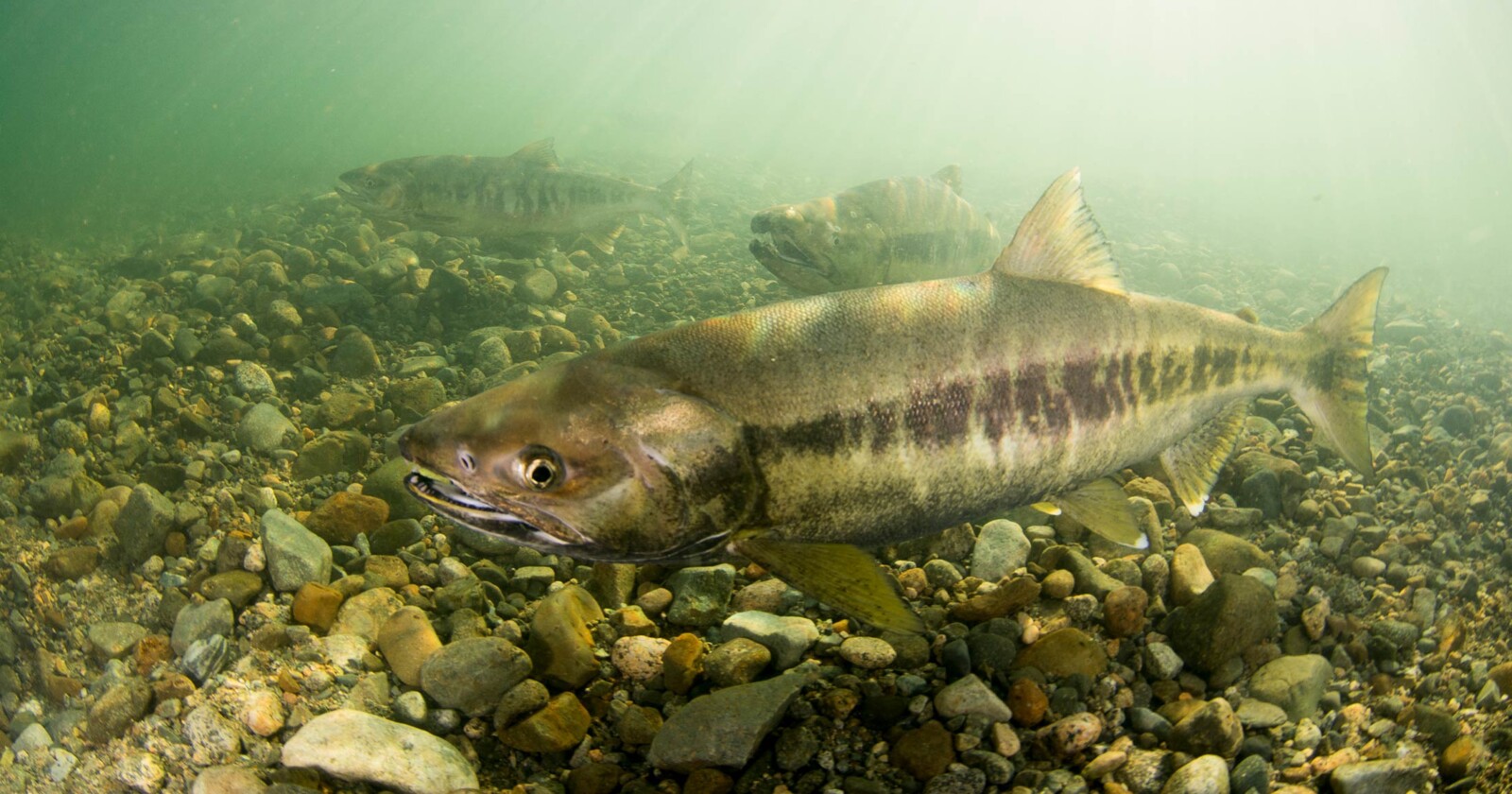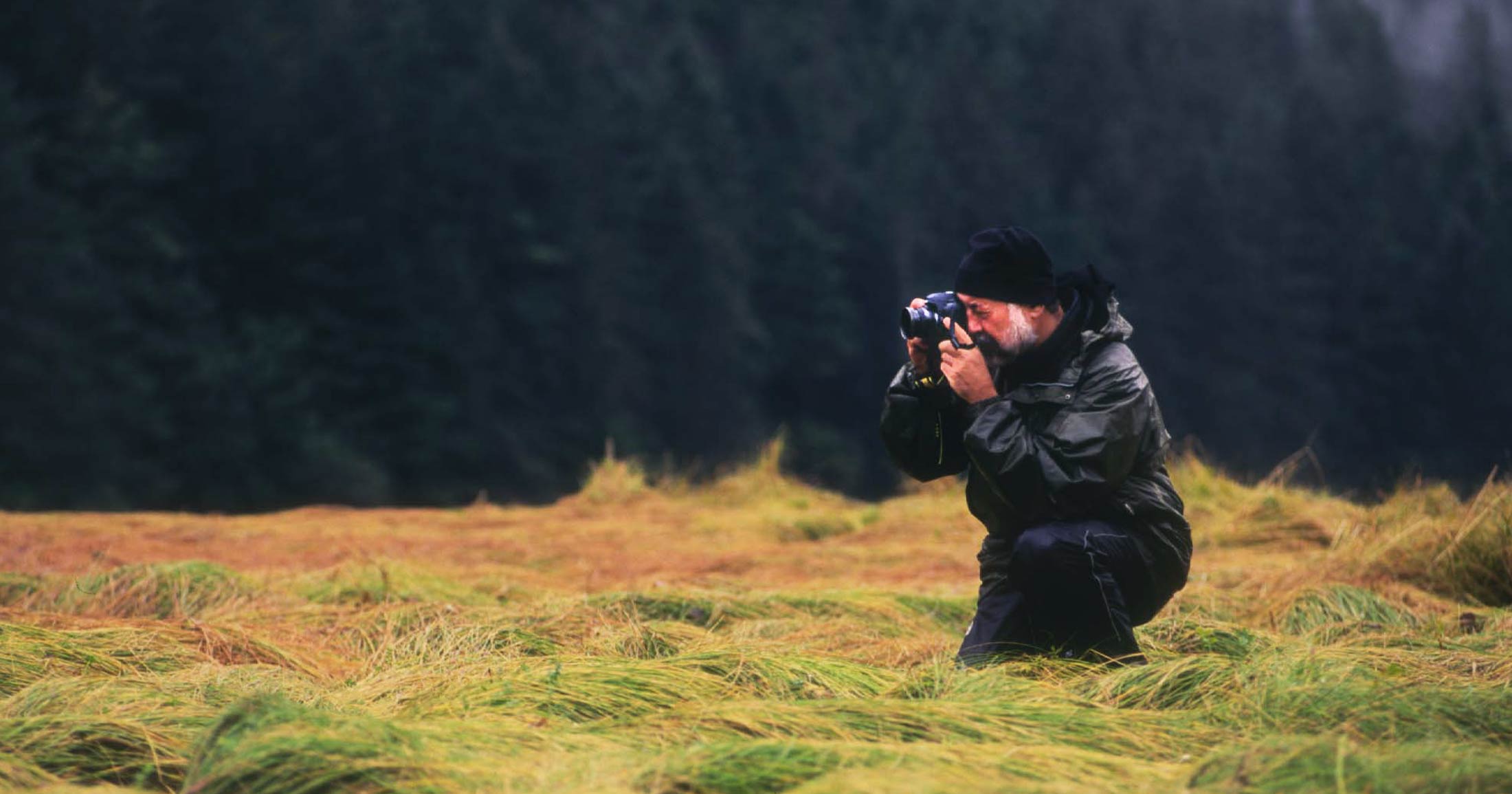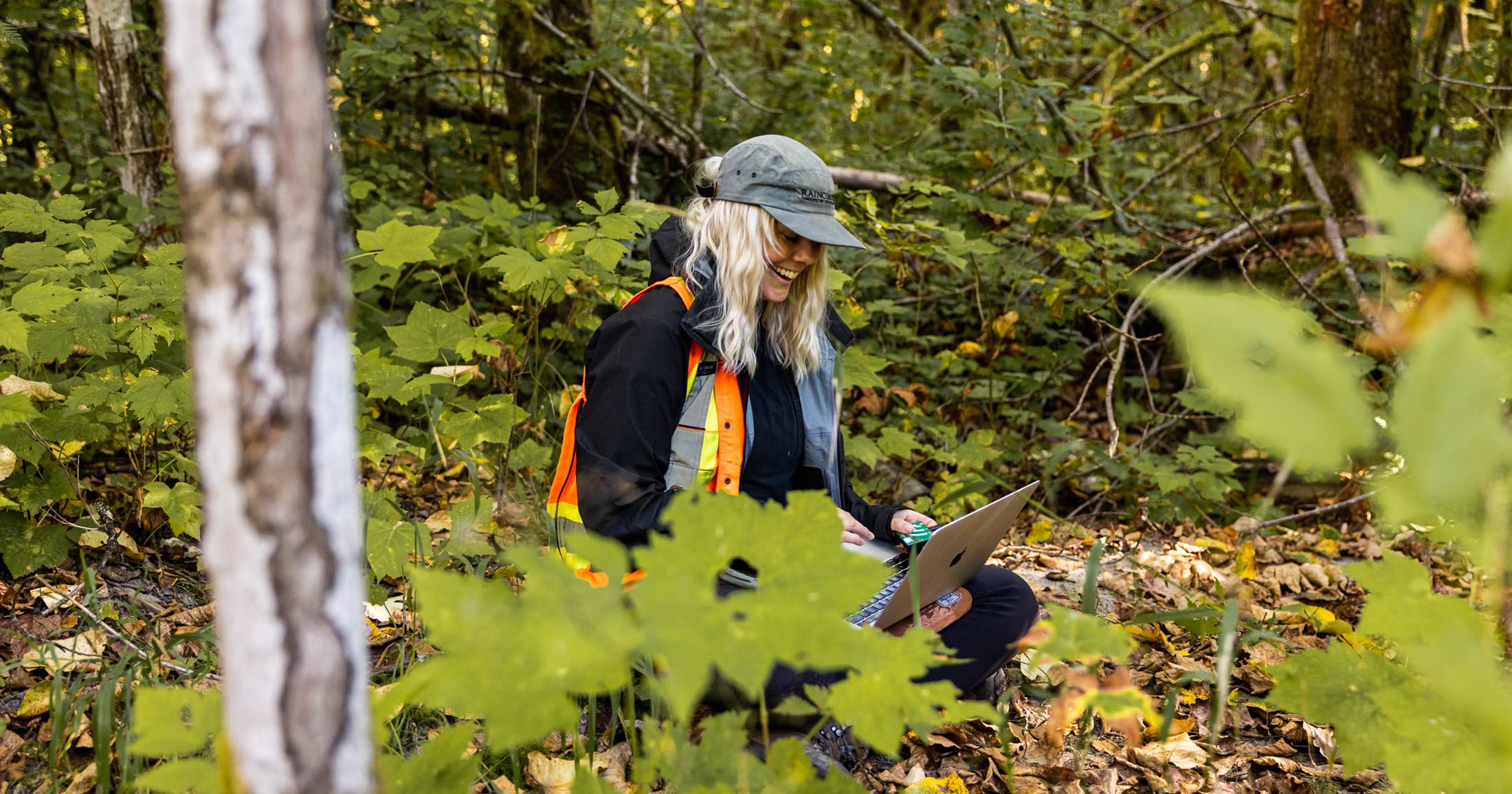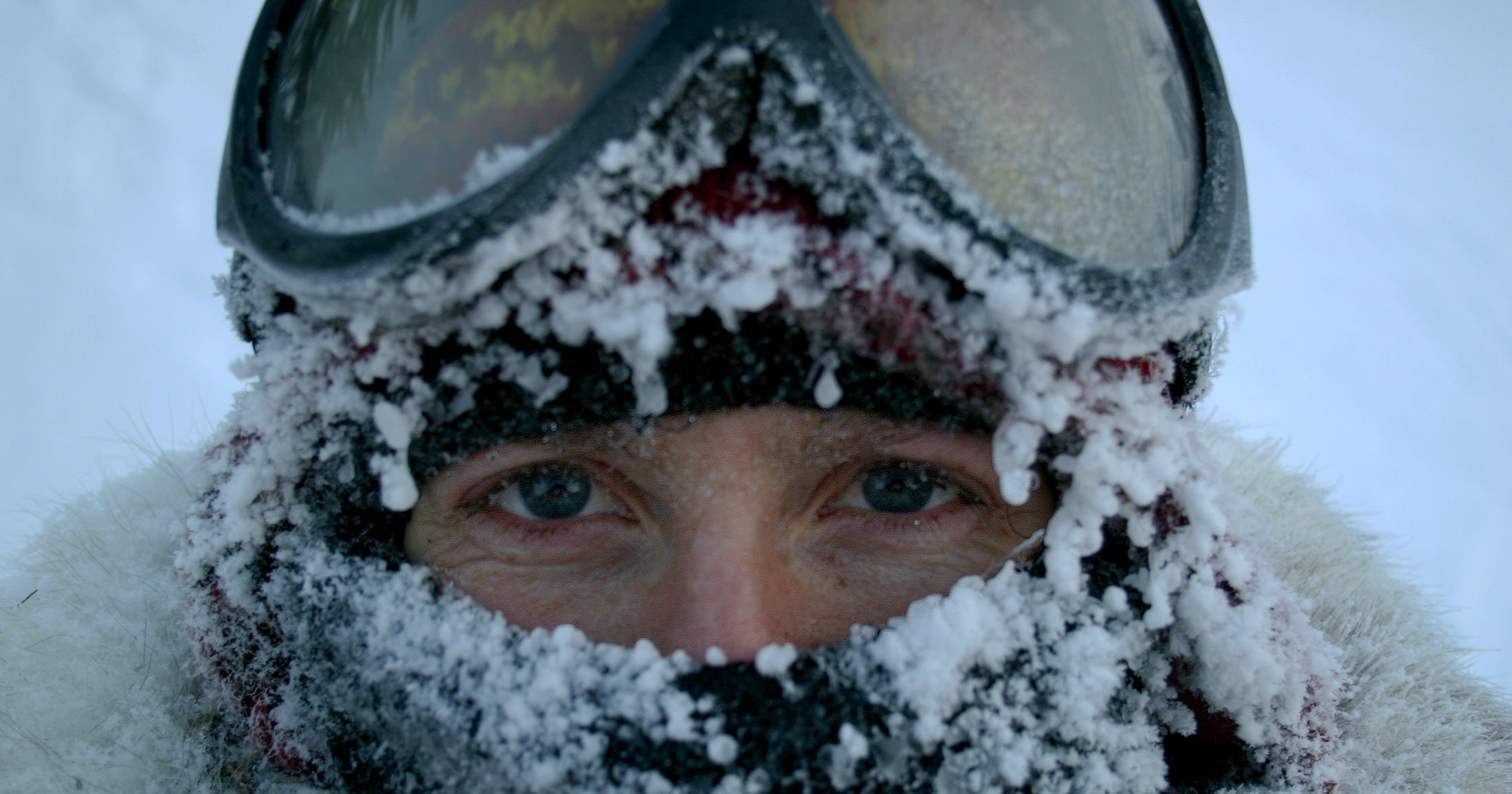Trees to Seas EcoExpo and Conservation Conversations
EcoFair opens with the EcoExpo, a rare gathering of conservation organizations from across the region to share and learn together.
The idea for the Trees to Seas EcoFair was planted from a springtime suggestion that Raincoast and the Pender Conservancy host a fall fungi foray. It began to grow when this idea was brought to a community meeting of conservation minded individuals called Pender Earth, based on S,DÁYES (Pender Islands). At that meeting, it became clear that there were a number of locally-driven conservation initiatives underway without a platform available for sharing, celebrating, and connecting efforts. Now, with the help of local grassroots group, PenderPOD, and a mighty team of volunteers, EcoFair is ready to bloom with less than two weeks to go until the opening event: EcoExpo!

About EcoExpo
Unlike industry-led expos, which generally feature products and business pitches, EcoExpo will be a chance to interact with conservation leaders from across the Salish Sea Region (see a full list of participating organizations below). You can expect to learn more about conservation initiatives happening on different islands and how to participate in environmental protections and ecological restoration within your own community. EcoExpo will also feature:
- A welcome table/info booth where folks can:
- Register for an EcoFair wristband or pick their reserved wristbands up
- Get a printed schedule of weekend activities
- Ask questions about EcoFair
- Make a donation to the KELÁ_EKE Kingfisher Forest land protection campaign
- A Kids Zone table where little ones can participate in low-impact arts and crafts. Supported by Ptarmigan Arts and Gulf Islands National Park Reserve
- Conservation Conversation Corner, a Q&A-style suite of presentations from local experts (schedule provided below).
Also make sure to check out the Pender Winter Market taking place in the lower level of the community hall from 10AM until 1PM for local wares, snacks, and hot drinks.
Conservation Conversation Corner
As stated above, EcoExpo will mostly consist of organizations sharing information and opportunities for getting involved at individual booths, but it will also include a “Conservation Conversation Corner” where local experts will make a brief, informal presentation, followed by an organic audience Q&A. Each session will be about thirty minutes long depending on the level of audience participation. This is a chance to hear from scientists working in the region on topics that interest or directly impact you! Come ready to learn and possibly discover new opportunities to apply your newly gained knowledge!
Conservation Conversation Schedule
| Time | Title | Speaker |
| 10:30 | Southern Resident Killer Whales: A bond through salmon, language, and grandmothers | Misty MacDuffee, Raincoast Conservation Foundation |
| 11:30 | Ecological impact of deer overpopulation and strategies for habitat restoration | Rob Underhill, Mayne Island Conservancy Association |
| 12:30 | Why long-term studies of whales, dolphins and porpoises are key to saving them | Valeria Vergara and Lance Barrett-Lennard, Raincoast Conservation Foundation |
| 1:30 | Preserve your piece of paradise and get paid for doing it! | Lisa Baile, Owner of Woodpecker Forest Covenant |

Participant organizations
Organizations you can expect to learn from at EcoExpo include:
- Galiano Conservancy Association
- Institute for Multidisciplinary Ecological Research in the Salish Sea (IMERSS)
- Islands Trust Conservancy
- Mayne Islands Conservancy
- Moving Around Pender (MAP)
- Parks Canada Gulf Islands National Parks Reserve
- Pender Earth
- Pender Islands Conservancy Association
- Pender Island Library
- PenderPOD
- Plumper Sound Protection Association
- Raincoast Conservation Foundation
- Salt Spring Island Conservancy
- Saturna Island Marine Research & Education Society (SIMRES)
- Southern Gulf Islands Whale Sighting Network (SGIWSN)
- The Land Conservancy
You can help
Raincoast’s in-house scientists, collaborating graduate students, postdoctoral fellows, and professors make us unique among conservation groups. We work with First Nations, academic institutions, government, and other NGOs to build support and inform decisions that protect aquatic and terrestrial ecosystems, and the wildlife that depend on them. We conduct ethically applied, process-oriented, and hypothesis-driven research that has immediate and relevant utility for conservation deliberations and the collective body of scientific knowledge.
We investigate to understand coastal species and processes. We inform by bringing science to decision-makers and communities. We inspire action to protect wildlife and wildlife habitats.


